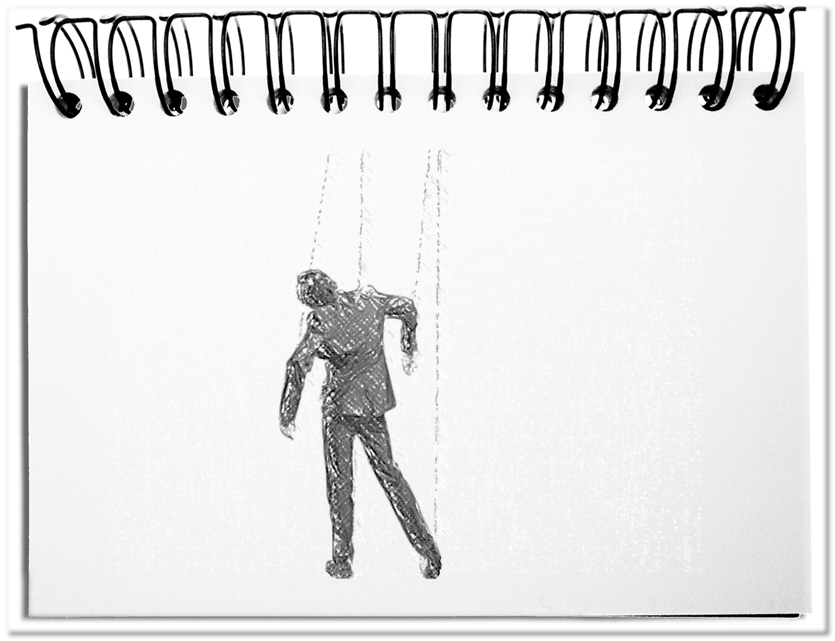Free will is an important quality of our life. For example the fact that you clicked this article, is the result of a decision that you made freely. Possibly some key attractions, like e.g. the words free willing, accompanied you since hours, days or weeks and made you susceptible to click on this link.
The free will is used increasingly, in order to analyze the situation of other people and cultures. This can be clothing styles, questions about employment, political elections or cultural rituals. How free can somebody decide to be dressed casual on Fridays? Is it possible that sex workers do voluntarily their trade? How free are elections that obtain over 90% voter turnout? Do Japanese go voluntarily to their Nomikais (i.e. drinking meetings)? To what extent these are decisions of one’s own free will is judged more and more by outsiders. In this context arises the question, what free will actually means. Free will – Deciding without obligation?
As soon as someone acts without wanting it, we call it compulsory. This is valid for example for the 20% of the employed part-time women in Germany, who would readily work longer, but have to accept part-time jobs. In all other cases, we actually speak of free willing, since the decisions are made with more or less freedom. The following free willing variants go from forced up to unconsciously coincidentally ones.
- Threats – I want, because I have to.
Activities that are accepted due to fear of negative effects. This includes the menaces of violence and the fear of losing something, e.g. an employment, property, or a partner. - Feigned, false facts – I want, because I believe.
Activities that are done based on wrong assumptions. This includes wrong promises of politicians, lobbyists or other opinion leaders. - Necessities – I want, because it is necessary.
Activities that are executed due to comprehensible reasons. This includes the insight to go to work, to stop at a red traffic light, or to obey laws. - Conscious, personal motives – I want, because I would like to.
The closest to the natural term of the free will are activities that are decided due to personal motives. This includes the accumulation of possessions, quitting a an unloved job, or the marriage of the beloved partner. - Unconscious, personal motives – I simply want.
Spontaneous activities that take place based on subliminal, personal motivation. This includes gut decisions for an impulse buy, the selection of today’s lunch, or the book for bedtime reading. - Unconsciously and coincidentally – (Just do, have, or think)
Unforeseeable activities that take place for no obvious reason. This includes haphazardly strolling, a spontaneous talk with an unknown person or a daydream.
The question that remains is, whether these freedoms are not also an illusion.
- Do we really have the opportunity to decide differently, if we are threatened?
- What is the free space that the wrong basis for decision provides?
- Do taught reaction patterns offer real options to specific needs?
- How free are we, if we make our decisions based on conditioning through advertisement and society?
- Do we really decide or is it the belly?
- Is it free will, if we are simply driven by fate?
This shows that even free will decisions are not completely free from influence. To what extent this influence allows freedom at all is disputed. http://en.wikipedia.org/wiki/Free_will
Bottom line: The free will is stretchable. For this reason, evaluations of free will of third parties should always be checked, whether it is actual obligation or one of the voluntary variants. Beware of cheap propaganda that is using the free will as a mean to slam potential opponents.

